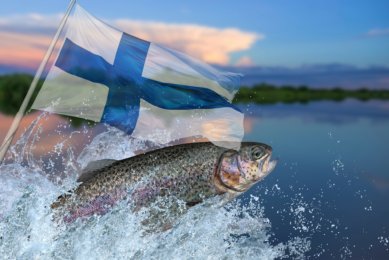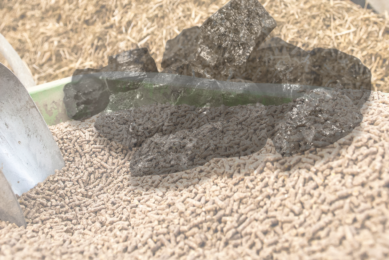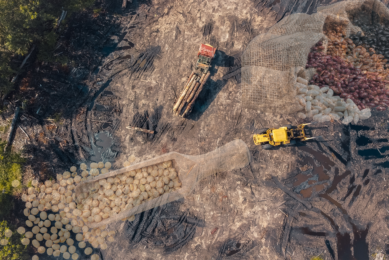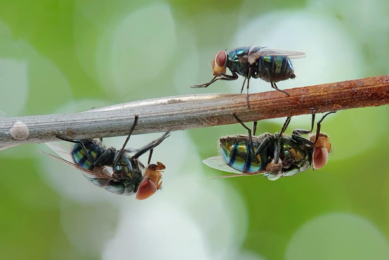Iranian firm starts producing single-cell protein from methanol and petroleum compounds
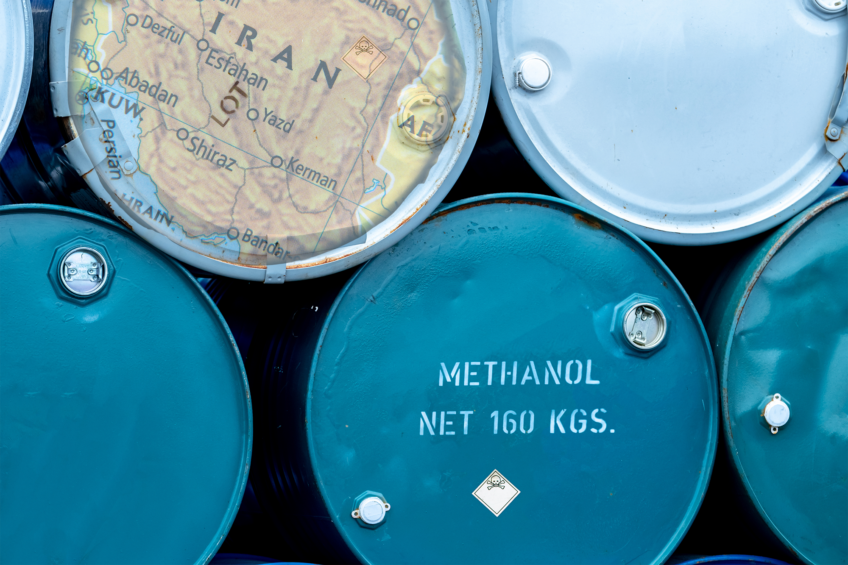
Iranian company Kimia Life has developed a technology for manufacturing single-cell protein from petroleum raw materials. The new product could become a game-changer for the oil-rich country, where the feed industry has long suffered from a feedstuff shortage.
The company is running 2 pilot projects:
- Converting flare gas to single-cell protein at Abadan Oil Refining Company and
- Processing methanol into the same product at Fanavaran Petrochemical Company’s capacities.
A local publication, Hakim Mehr, quoted Kimia Life CEO Mr Pourkazem, who expressed confidence that the developed technology could significantly boost Iranian food independence.
“We produce feedstuff suitable for livestock, poultry and fish by using hydrocarbon resources,” he said, not diving deeper into technical details.

Mitigating import dependence
The Iranian feed industry has been grappling with persistent feedstuff shortages in recent years. The cash-strapped Iranian economy lacks foreign exchange currency to pay for grain and feed additives, which are mostly imported.
“All livestock and poultry feed and feed protein are imported, which is a huge problem. We can use the country’s rich hydrocarbon resources to produce animal and poultry feed protein inside the country so that the country does not need to depend on foreign supplies any longer,” he added.
A cost-effective solution
In addition, he revealed that the development technology is cost-effective and allows the obtained feed protein to be cheaper than imported.
The successful development of the prototype production unit of animal and poultry feed from petroleum hydrocarbons is a significant milestone for our group. No company has achieved such a feat in Iran until today.”
Kimia Life CEO Mr Pourkazem
Both methanol and flare gas are available in Iran in abundant quantities, Pourkazem said. Processing them in animal feed is also a sustainable practice since both substances are considered pollutants.
The company has sent first batches of obtained feed protein to livestock companies and got generally positive reaction, Pourkazem said, again refusing to disclose additional details.
This is not the first attempt of Iranian scientists and business to come up with a solution to the feed industry crisis. Over the last couple of years, technologies for feed production from lignocellulosic and agricultural waste have been rolled out in the country. However, none of them have reached a scale sufficient to make a difference in the industry yet.




